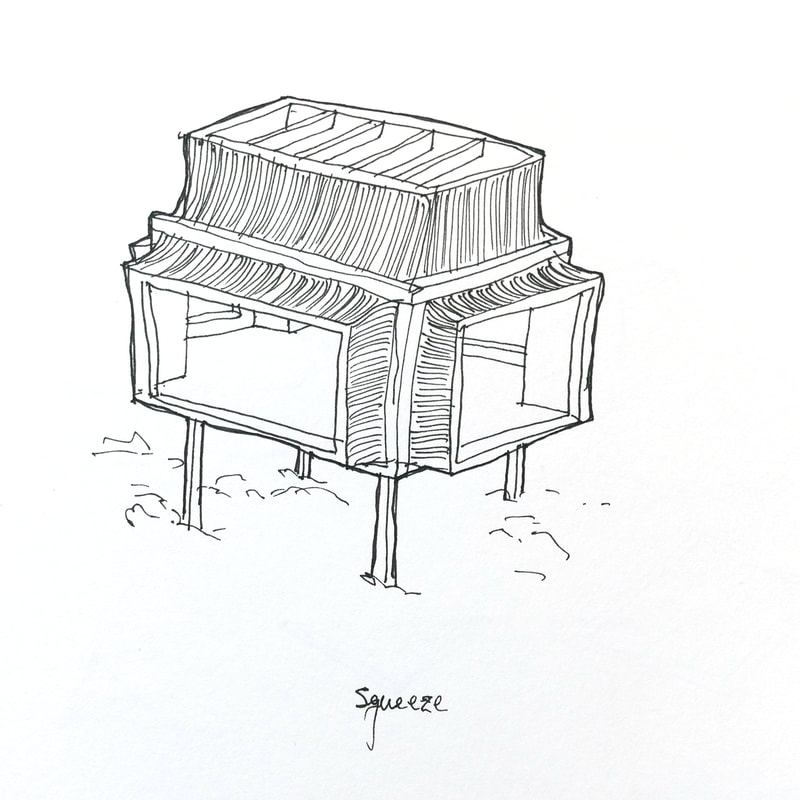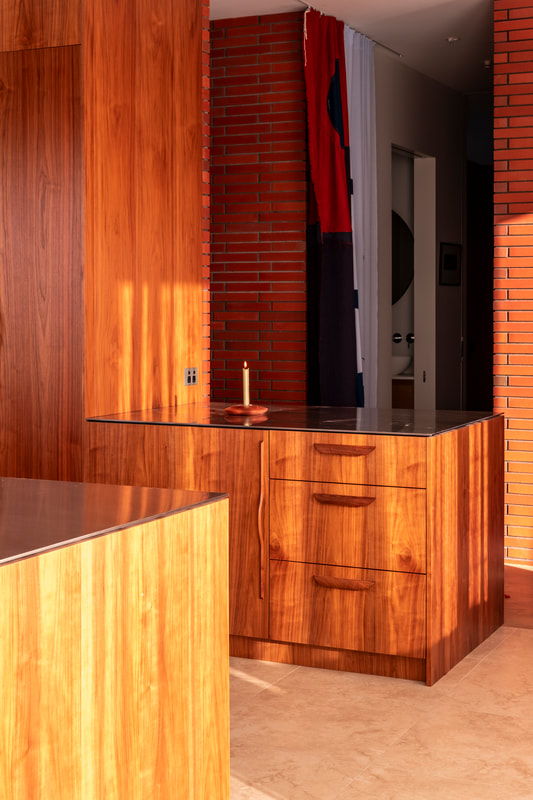|
Semiotics involves designing in a way that uses a system of signs that contain an embedded symbolic meaning (Preziosi). Whether that be endemic to a particular culture or region is up to the architect and the viewer. Our minds work through associations so drawing parallels from the language we use can bring meaning to the viewer. Architecture uses a visual language which can be inherited from different aspects of life. It is this architectural language that we place meaning on and informs how we perceive elements.
Semiotics is our association with the familiar. For example, a small cottage may mean ‘home’, a row of romanesque columns means ‘strength’, Architectural language is used to either imply an idea or to draw a parallel to another idea and therefore associate itself with that idea. This was used on a large scale in the 1800’s in North America as new migrants aimed to ally themselves with the grandiose and powerful image of old Europe. Tall columns, delicate plaster work and rigid building elevations all aimed to push a connotation of buildings found in Rome on the viewer and therefore make them think of the building in front of them as something else. Metaphors found when we think of stress and depression are usually gloomy. We think of dark forests, emptiness or drifting underwater into unseen depths. Stress brings to mind heavy burdens, narrow vision and one thousand voices bombarding us from all directions. It is with these kinds of metaphors that we can design custom spaces for our clients. At OTO we ask our clients to provide a narrative of the emotions they see from their future home, maybe it is an image of a glass of red wine with the light coming through and casting red on the table, or the feeling of standing above the world and being projected out over the ocean. We can turn these images into physical space through careful and creative thinking.
8 Comments
Let me just say this first off, I think 'Tiny House' has negative connotations. Tiny implies too small, less than what is wanted. Small is also negative but less so. Both draw direct comparison to their 'big' brothers, the sprawling 250m2 family home.
Tiny houses aren't tiny, they are efficient Tiny houses aren't tiny, they are comfortable Tiny houses aren't tiny, they are affordable Tiny houses aren't tiny, they are beautiful Tiny houses aren't tiny, they are ecological Tiny houses aren't tiny, they are characterful Tiny houses aren't tiny, they are inspiring We call the tiny houses that we design at OTO Group cabins or baches. If we look at traditional baches and cabins, they are compact, efficient and beautiful. If a large home is a rambling paragraph filled with grammatical inconsistencies, the small building is a succinct phrase that doesn't need any more words to say what it means. |

